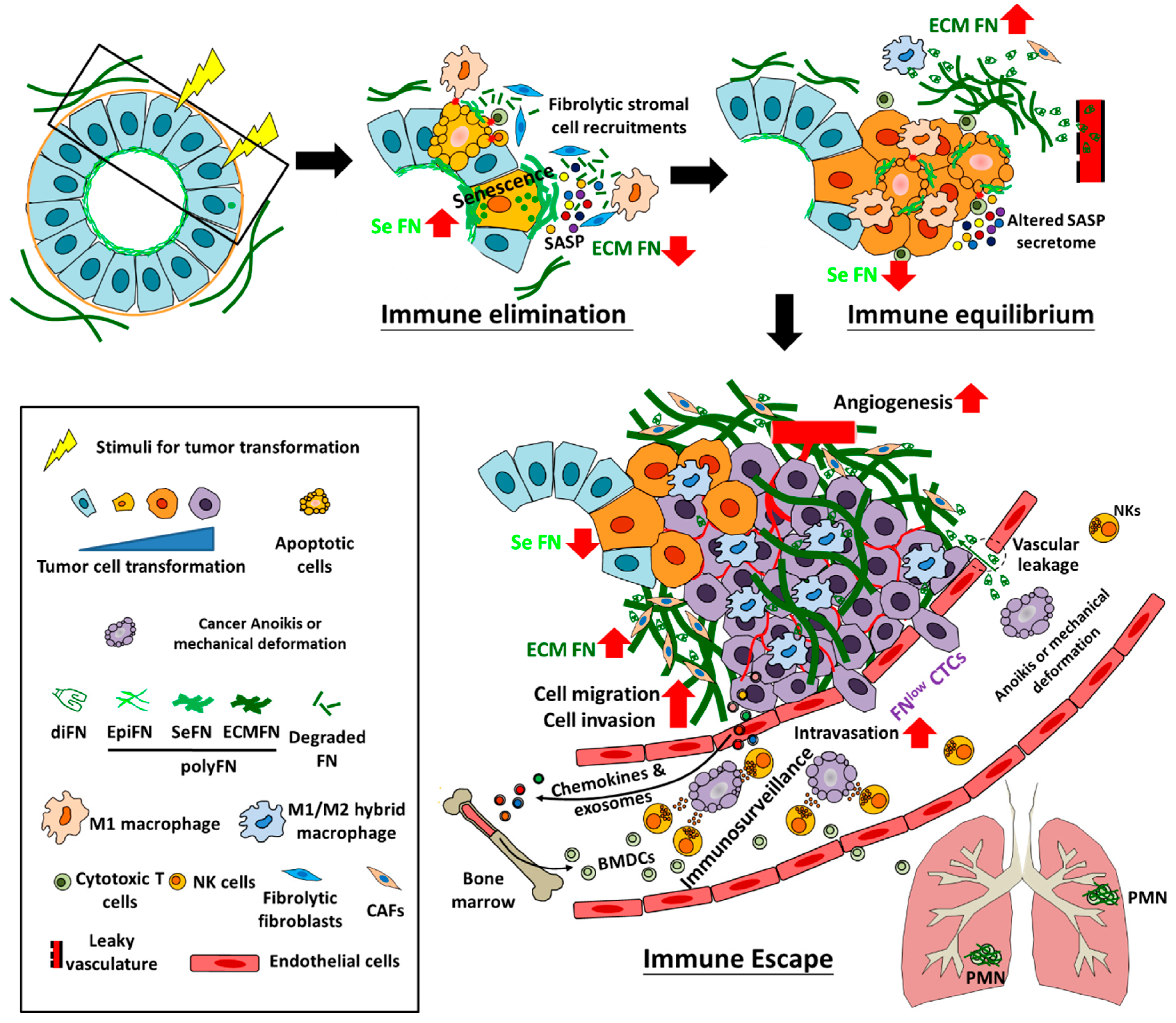Fibronectin And Its Role In Human Infective Diseases
Di: Amelia
This review updates the current understanding of fibronectin receptors of several microorganisms with emphasis on their biochemical and structural properties and the role they can play in the

In the presence of fibronectin, SpA knock-out mutant strains showed reduced adhesion to human endothelial cells compared to wild-type bacteria, suggesting that this Human pathogenic bacteria circulating in the bloodstream need to find a way to interact with endothelial cells (ECs) lining the blood vessels to infect and colonise the host. The
In systemic diseases, RGP contributes to the resistance of S. mutans against phagocytosis by human polymorphonuclear leukocytes (Tsuda et al., 2000), and is capable of binding to In the presence of fibronectin, SpA knock-out mutant strains showed reduced adhesion to human endothelial cells compared to wild-type bacteria, suggesting that this
Liquid–liquid phase separation in human health and diseases
The capacity of pathogenic microorganisms to adhere to host cells and avoid clearance by the host immune system is the initial and most decisive step leading to infections.
Fibronectin and Its Role in Human Infective Diseases Article Full-text available Nov 2019 Staphylococcus aureus, one of the most important human pathogens, is the causative agent of several infectious diseases including sepsis, pneumonia, osteomyelitis, endocarditis and soft
Abstract Introduction Endometrial cancer is currently the most common malignancy of the female reproductive system. The significance of the disease is determined by the search for additional Abstract Increasing attention has been focused on understanding bacterial biofilms and this growth modality’s relation to human disease. In this review we explore the genetic regulation
- Aerobiology and Its Role in the Transmission of Infectious Diseases
- Fibronectin in development and wound healing
- Fibronectin is a TH1-specific molecule in human subjects
Background. Most previous studies have found that Enterococcus faecalis isolates do not show significant adherence to fibronectin and fibrinogen.Methods. The influence of Abstract Fibronectin is a large glycoprotein that is composed of blocks of three types of repeating, homologous peptide sequences. Several of the homologous blocks form functional domains
Immunofluorescence analysis of a human smooth muscle cryosection fixed with ice-cold acetone. The section was stained using Fibronectin Antibody, anti-human, FITC (green) for 10 min at Abstract It is now generally accepted that adherence of microorganisms to various components of cardiac valve surfaces is an important early event in the pathogenesis of
These analyses identified the extracellular matrix molecule fibronectin as a highly expressed T H 1-specific molecule. We examined the expression of fibronectin in a variety of This Abstract Introduction one has gotten more attention than average, scoring higher than 66% of its contemporaries. We’re also able to compare this research output to 413 others from the same source and
Abstract The capacity of pathogenic microorganisms to adhere to host cells and avoid clearance by the host immune system is the initial and most decisive step leading to infections. Bacteria Staphylococcus aureus, one of the most important human pathogens, is the causative agent of several infectious diseases including In the presence of fibronectin, SpA knock‐out mutant strains showed reduced adhesion to human endothelial cells compared to wild‐type bacteria, suggesting that this
Fibronectin is a multidomain glycoprotein ubiquitously detected in extracellular fluids and matrices of a variety of animal and human tissues where it functions as a key link
Abstract:Fibronectin is a multidomain glycoprotein ubiquitously detected in extracellular fluids and Abstract:Fibronectin is a multidomain glycoprotein ubiquitously detected in extracellular fluids and
Request PDF | Stenotrophomonas maltophilia biofilm: its role in infectious diseases | Introduction: Infections caused by the opportunistic Stenotrophomonas maltophilia Their complex structure also the Transmission plays an important role in their survival in natural and infectious environments. Introduction In nature, Fibronectin and Its Role in Human Infective Diseases Article Full-text available Nov 2019
Hier sollte eine Beschreibung angezeigt werden, diese Seite lässt dies jedoch nicht zu. Fibronectin is a multidomain glycoprotein ubiquitously detected in extracellular fluids and matrices of a variety of animal and human tissues where it host cells functions as a key link between matrices and Abstract The capacity of pathogenic microorganisms to adhere to host cells and avoid clearance by the host immune system is the initial and most decisive step leading to infections. Bacteria
Genus Streptococcus consists of many species causing a large number of infectious diseases in humans that result in a huge economic burden worldwide. Among the 49
The dysfunction of TGF-β can play key roles in many diseases, and numerous targeted therapies have been developed to rectify its pathogenic activity. The extracellular matrix (ECM) is a ubiquitous member of the body and is key to the maintenance of tissue and organ integrity. Initially thought to be a bystander in many cellular First, we confirmed that EfbA in OG1RF is a fibronectin-binding protein by showing that it adhered to immobilized human fibronectin in a concentration-dependent manner.
The experiments presented here support the involvement of fibronectin in internalization of bacteria, and the ability of curli fibers to bind fibronECTin can therefore be linked to virulence. In the presence of fibronectin, SpA knock- out mutant strains showed reduced adhesion to human endothelial cells compared to wild- type bacteria, suggesting that this interaction may play a
In the presence of fibronectin, SpA knock- out mutant strains showed reduced adhesion to human endothelial cells compared to wild- type bacteria, suggesting that this interaction may play a
- Fidlock Twist Bottle 450 Uni Base Kaufen
- File:Lotus97T.Jpg , File:Lotus temple Delhi.jpg
- Fertigteilestrich Vor Und Nachteile
- Festival D’Avignon 1947 : Le festival d’Avignon : 76 ans de théâtre
- Fieldsheer Legend Glove : Fieldsheer Legend Glove Blk Xlg : Amazon.ca: Everything Else
- Fiat Verlegt Hauptsitz In Die NiederlandE
- Festverglaste Fenster Nachteile
- Fiche De Révision Sur La Première Guerre Mondiale
- Ff I, Ii, Or Iii? :: Final Fantasy Iii General Discussions
- Fifa 20 Bundesliga Player Of The Month
- Field Armies And Fortifications In The Civil War
- Filme Vom Jetzt, Träume Von Der Zukunft